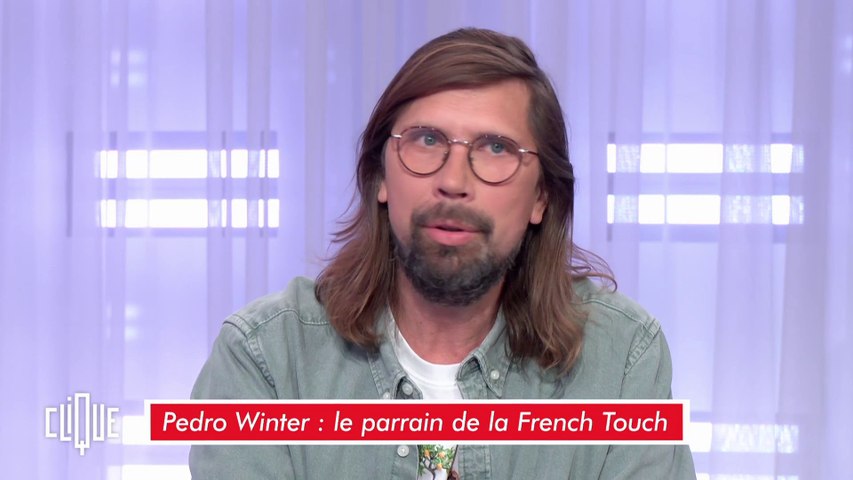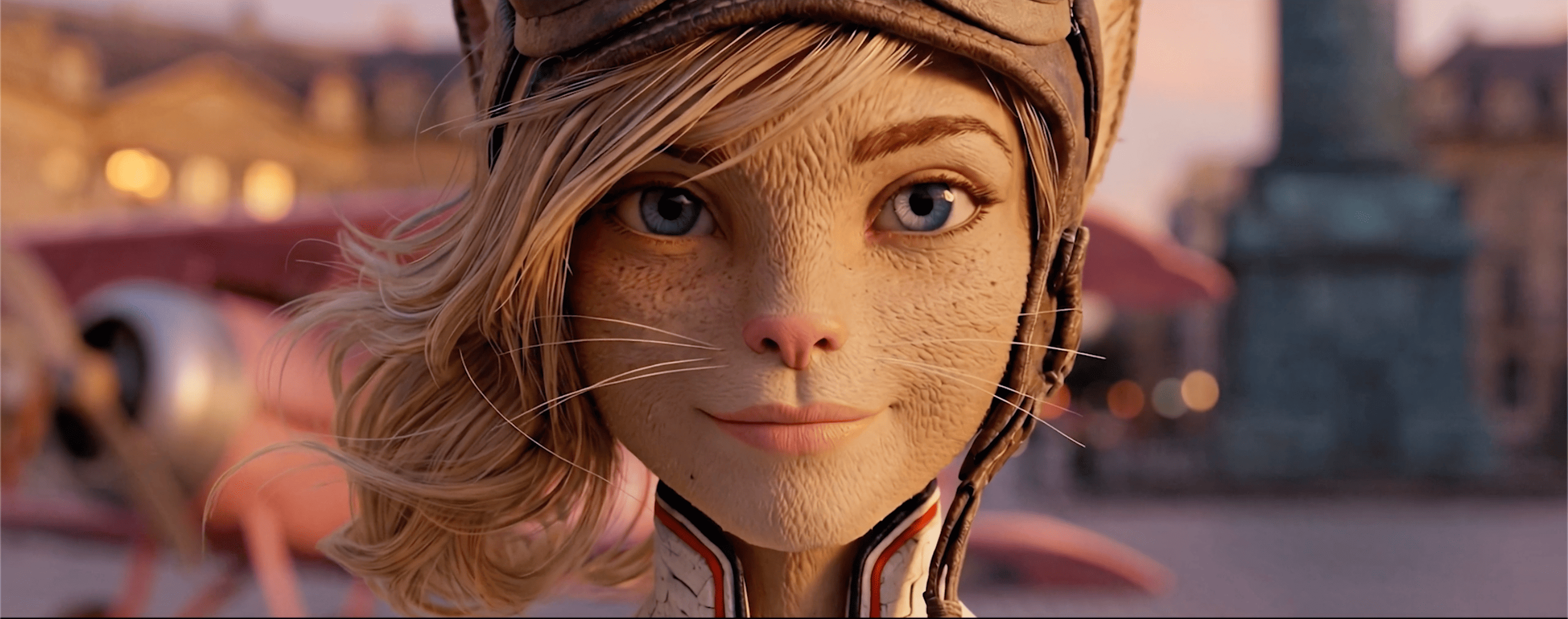Is AI killing music? This question has obsessed the music industry since the emergence of artificial intelligence-based audio generation tools. Pedro Winter, sponsor of the French Touch, provides a much more nuanced response than the polarized debates we usually hear.
I highly recommend discovering His interview with Clique, a one-hour discussion with Mouloud Achour where he addresses this crucial question with the depth it deserves.
Pedro Winter: unquestionable legitimacy
As a reminder, Pedro Winter is not just anyone in the French and international musical landscape. He's the boss of the label Ed Banger, ex-manager of Daft Punk, and the man behind iconic artists like Justice, DJ Mehdi, Cassius, Breakbot or Myd.
This legitimacy allows him to approach the issue of AI in music from a unique perspective, combining field experience and a prospective vision of the industry.
An “ultimate danger” that deserves consideration
In this interview, Pedro Winter talks about AI as a “ultimate danger” for musical creation. But contrary to the fear-mongering that we often hear, it does not stop at this first impression.
He tested. And he does not reject.
This pragmatic approach perfectly illustrates the position that players in the music industry should adopt: neither systematic rejection, nor blind adoption, but informed experimentation.
Trust artists instead of panicking
Pedro Winter's position can be summed up in a few key principles:
- Trusting artists and their ability to adapt
- Do not panic Faced with technological developments
- Taming the tool rather than fighting it
This vision focuses on a fundamental point: AI is still a tool. Like all the tools that revolutionized music creation before it, its impact will largely depend on how creators take advantage of it.
History repeats itself: drum machines and samplers
Pedro Winter draws a particularly enlightening historical parallel by comparing the arrival of AI to that drum machines or samplers.
At the time, drummers and producers were already seeing the end of “real” music. The fears were similar: standardization, loss of authenticity, disappearance of human know-how.
We know what's next. These technologies have not only coexisted with traditional creation, but have also given rise to new musical genres and opened up new creative territories.
The perfect example of Daft Punk
The parallel with Daft Punk, quoted by Mouloud Achour, perfectly illustrates this dialectic between technology and humanity in musical creation.
The French duo has always embraced their fascination with technology: Technologic, Digital Love, Robot Rock... Their artistic identity was built around this technological aesthetic.
And yet, in 2013, they surprised the whole world with Random Access Memories.
Random Access Memories: The brilliant opposite
This album represents a Total counterfoot compared to their usual approach:
- Recorded with real musicians
- Subtle blend of analog and digital
- Return to the roots of traditional musical creation
Result? One global success which shows that the most technologically advanced artists can also create using the most classical methods.
Magic is born from the human + machine mix
This success constitutes one more proof that magic is often born from the human + machine mix. The binary opposition between “authentic” creation and “technology-assisted” creation is proving to be a false debate.
Daft Punk showed that you can navigate between these two worlds, make them interact, and create something unique from this synthesis.
A lesson for the musical AI era
The example of Daft Punk and the vision of Pedro Winter converge on the same conclusion: the future of music does not lie in the opposition between human and machine, but in their creative complementarity.
Music AI, like drum machines and samplers before it, will likely:
- Creating new genres and aesthetics
- Democratising certain aspects of creation
- Encourage creators to explore new territories
- Coexisting with traditional approaches
Let the children Techno!
As Pedro Winter said at the time, “Let the Children Techno!” This philosophy of openness and experimentation remains more relevant than ever in the age of AI.
Rather than fear technological developments, let artists appropriate them, divert them, and enhance them. It is from this alchemy that the music of tomorrow will be born.
Artificial intelligence won't kill music. It will transform it, as all technological revolutions have done before it. It is up to us to ensure that this transformation is creative rather than destructive.
Do you work in the music or creative industry? At HEYIA Studio, we support artists and labels in exploring the creative possibilities offered by AI, always at the service of artistic vision.









